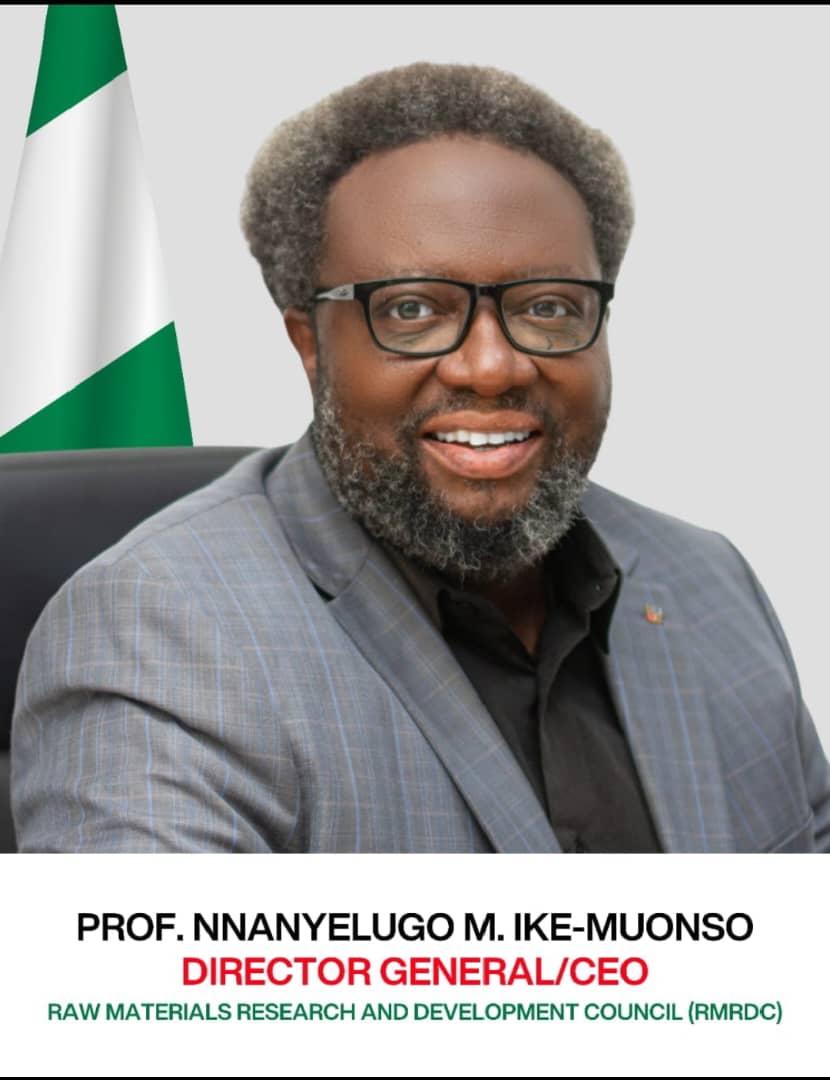By Mohammed Mala Bukar
In his first year in office, President Bola Ahmed Tinubu has faced significant challenges in steering the economy towards stability and growth. The removal of petroleum subsidy, the falling value of the naira, and the prevalence of hunger among citizens have cast a shadow over his administration. Despite these obstacles, there is a glimmer of hope as the government has initiated numerous policies aimed at addressing these pressing issues.
The removal of the petroleum subsidy was a bold move by the Tinubu administration, aimed at reducing the burden on the government’s finances and encouraging more efficient use of resources. While this decision initially led to an increase in fuel prices and sparked public outcry, it was a necessary step towards ensuring long-term sustainability in the energy sector. The government must now focus on implementing measures to mitigate the impact of this policy on the most vulnerable segments of society.
The depreciation of the naira has been a major concern for both businesses and consumers. The weakening currency has led to increased prices of imported goods and inflationary pressures on the economy. President Tinubu’s government needs to urgently address this issue by implementing measures to stabilize the exchange rate and restore confidence in the local currency. This may involve collaboration with the Central Bank of Nigeria and other stakeholders to devise a comprehensive strategy that addresses the root causes of the currency depreciation.
Hunger remains a pressing issue in Nigeria, with a significant percentage of the population struggling to access an adequate supply of food. The economic challenges exacerbated by the COVID-19 pandemic have further deepened food insecurity in the country. President Tinubu’s administration must prioritize policies that address this issue, such as investing in agriculture, improving food distribution networks, and ensuring food security for all citizens. Collaborating with international organizations and local NGOs can also help in implementing effective hunger alleviation programs.
Despite these challenges, there is optimism about the future under President Tinubu’s leadership. The government has unveiled several policies and initiatives that aim to drive economic recovery and social development. The National Economic Recovery Plan, for instance, outlines a comprehensive strategy to revitalize key sectors of the economy, create employment opportunities, and promote sustainable growth. By focusing on diversification, infrastructure development, and investment in human capital, the administration aims to lay the foundation for long-term prosperity.
The government’s focus on infrastructure development is a crucial step towards unlocking the country’s economic potential. The investment in critical infrastructure such as roads, railways, and power plants can boost economic activity, create jobs, and enhance the quality of life for all citizens. President Tinubu’s emphasis on public-private partnerships and foreign investment in infrastructure projects demonstrates a commitment to leveraging external resources to drive growth and development.
Education and healthcare are also key priorities for the Tinubu administration. By investing in these sectors, the government aims to improve access to quality education and healthcare services for all Nigerians. The implementation of policies that promote innovation, research, and skills development can help build a competitive workforce and enhance the country’s global standing. Additionally, initiatives aimed at increasing access to affordable healthcare and expanding coverage can improve the well-being of citizens and contribute to a healthier society.
In conclusion, President Bola Ahmed Tinubu’s first year in office has been marked by economic challenges and social hardships. The removal of the petroleum subsidy, the depreciation of the naira, and the prevalence of hunger have tested the resilience of his administration. However, the government’s commitment to implementing policies aimed at addressing these issues signals a positive outlook for the future. By prioritizing economic recovery, social development, and infrastructure investment, President Tinubu aims to steer Nigeria towards a path of sustainable growth and prosperity. As the government continues to roll out initiatives to tackle the country’s most pressing challenges, there is hope that Nigeria will emerge stronger and more resilient under his leadership.
Mohammed Mala Bukar




